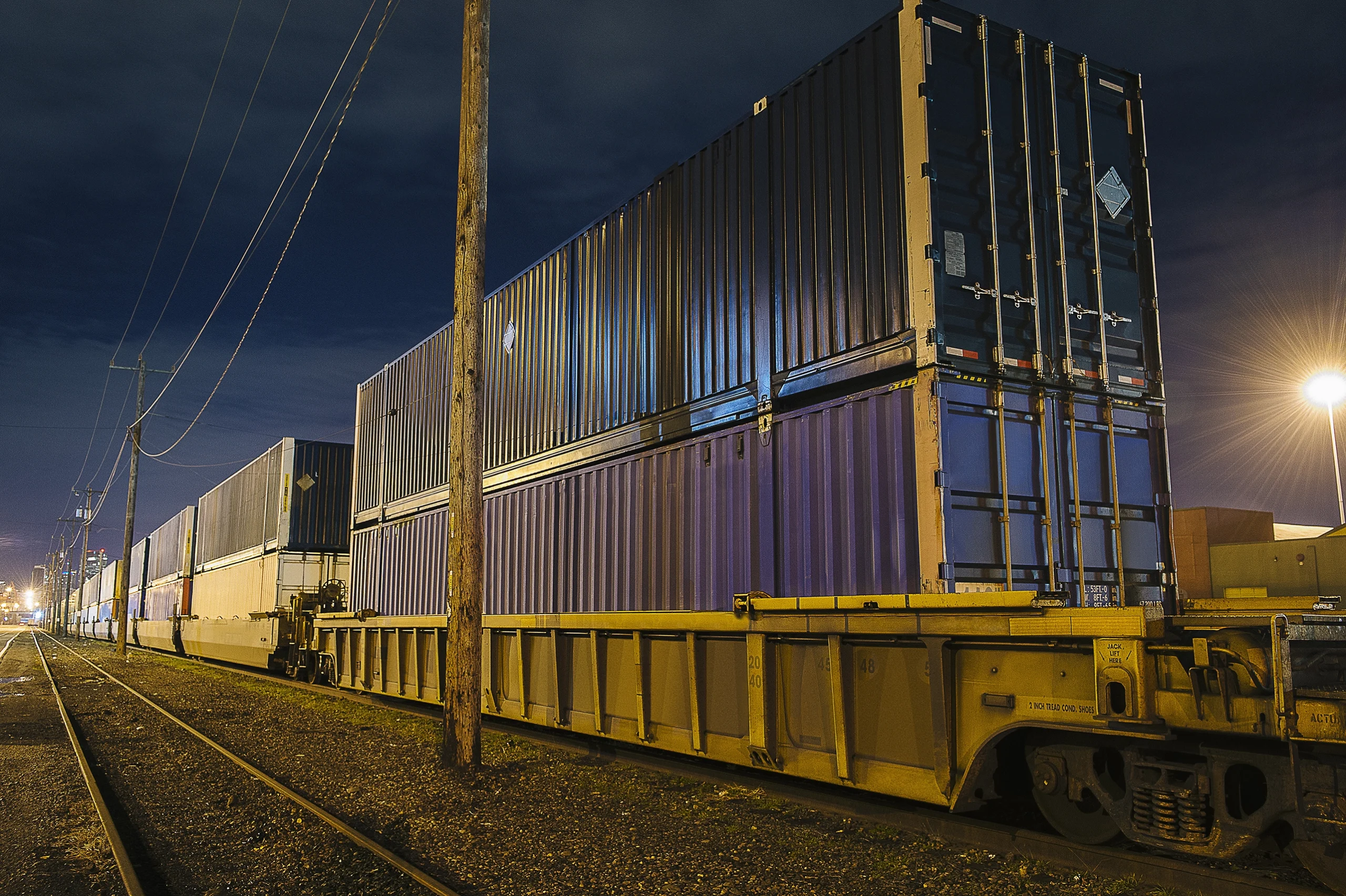- Intermodal
Intermodal Freight Solutions
Getting Your Shipments on Track
As North America’s network of rail solutions continues to grow (see IANA), so does NUERA’s intermodal freight services reach. Regardless of your port, road or rail requirements, we can make sure your shipments are handled efficiently. Get started by requesting an Intermodal quote today.

